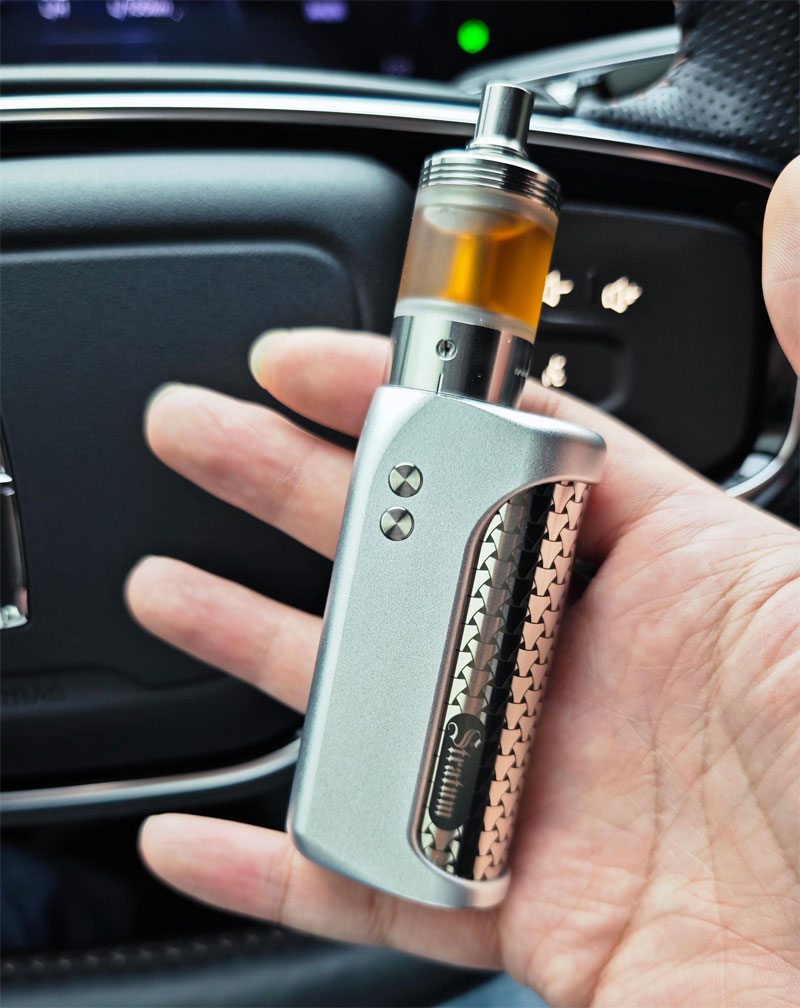As of 2023, understanding Mexico’s e-cigarette laws is crucial for consumers and businesses involved in the vaping industry. Mexico has implemented various regulations to control the distribution and use of e-cigarettes, reflecting a growing global trend to monitor the potential impacts of vaping on public health.
Regulatory Framework
E-cigarettes, often marketed as safer alternatives to traditional tobacco products, have garnered significant attention worldwide. In Mexico, the government classifies e-cigarettes under strict regulations. The fundamental law prohibits the commercialization and importation of non-approved tobacco-related products, which include many e-cigarette models. This stems from a health perspective to curb new addictions and potential health risks. Retailers found non-compliant with these regulations face severe penalties including fines and legal action.
The Impact on Consumers
Consumers need to be aware of the restrictions on purchasing these products. The laws aim to safeguard health, yet they also limit legal access. One of the primary reasons for concern is the lack of long-term studies on e-cigarette effects, which has driven the country’s cautious approach. Mexican authorities maintain that the protective measures allow them to dictate which products are safe for public consumption.
Vaping Tourism

Vaping tourism has seen a decline due to stricter laws. Travelers and local consumers must be vigilant about the regulations to avoid confiscation or fines. Many tourists are unaware of these laws and might inadvertently face penalties at customs by bringing products with them. The government encourages tourists to familiarize themselves with these regulations before arrival.
Despite restrictions, a black market for e-cigarettes thrives. This underground trade, however, poses risks both legally and health-wise due to unregulated products. Consumers seeking alternatives often rely on online platforms, risking exposure to counterfeit items.
Industry Adaptation
The vaping industry in Mexico faces challenges adapting to these stringent laws. Businesses need to comply with health guidelines, ensure transparency, and seek certification of their products to avoid sanctions. This may involve collaborations with health experts to demonstrate safety and efficiency, while also working on education campaigns regarding responsible usage.
- Check product certifications diligently.
- Ensure compliance with Mexican regulations.
- Promote public awareness regarding legislation details.

Innovation within the industry could include developing nicotine-free e-cigarettes or others that align with health protocols set by Mexican authorities. Such adaptations might turn restrictions into an opportunity for growth and enhance consumer trust.
Expectations for the Future
Looking forward, the development of e-cigarette laws in Mexico will likely echo international trends. With the continuous evolution in research on vaping, legislative updates are expected to refine what is deemed permissible. Consumers and businesses must keep abreast of changes to avoid potential repercussions.
FAQs
- Are e-cigarettes completely banned in Mexico?
- No, while there are strict regulations, e-cigarettes are not entirely banned. Approved products are permissible, but subject to adherence to safety standards and import laws.
- Can tourists bring e-cigarettes into Mexico?
- Tourists should exercise caution, as many e-cigarettes might not comply with Mexican laws, leading to potential fines or confiscation.
- What should businesses do to comply?
- Businesses should seek product certification, adhere to governmental health guidelines, and ensure all items meet the legal requirements for distribution.
